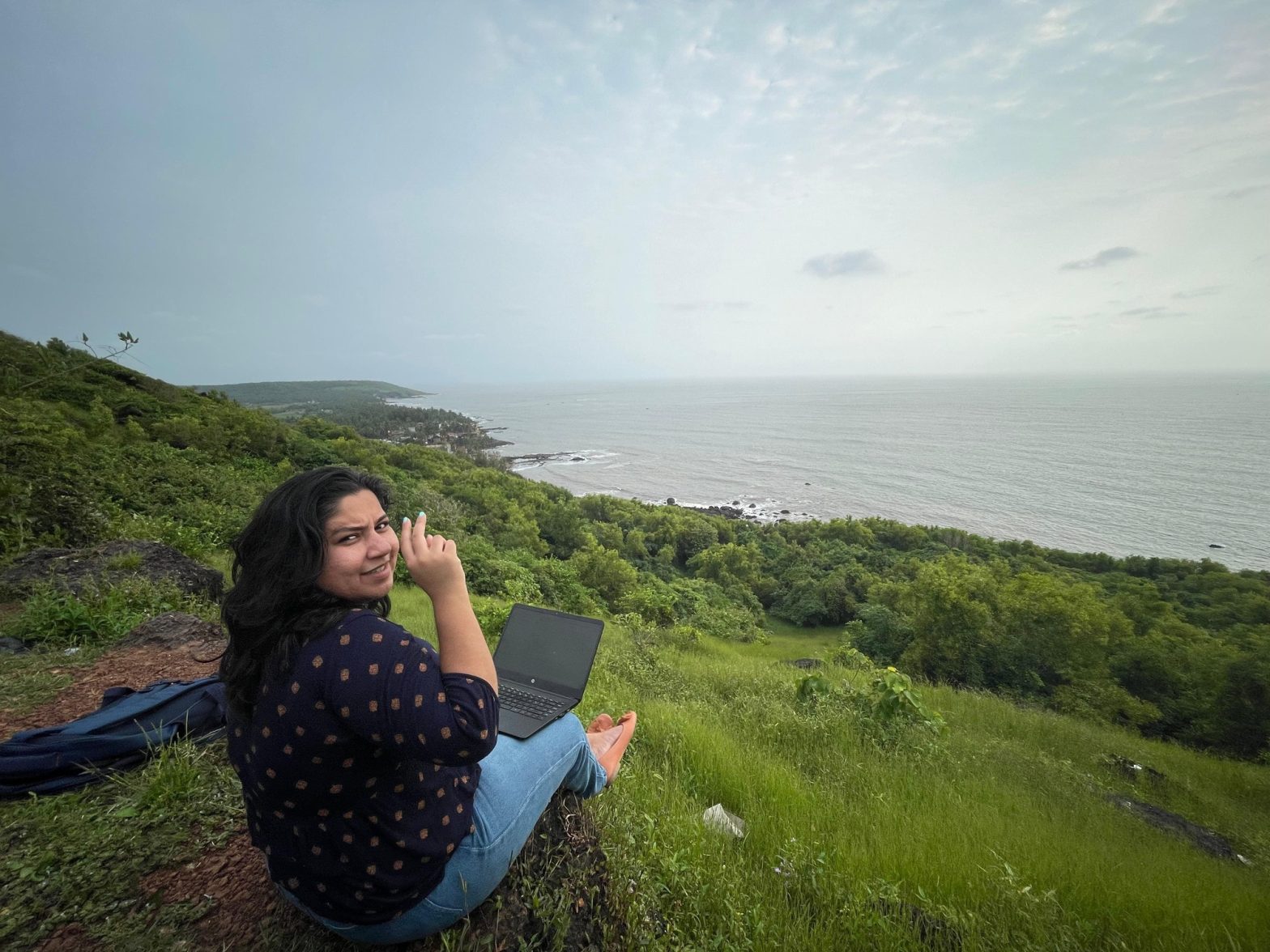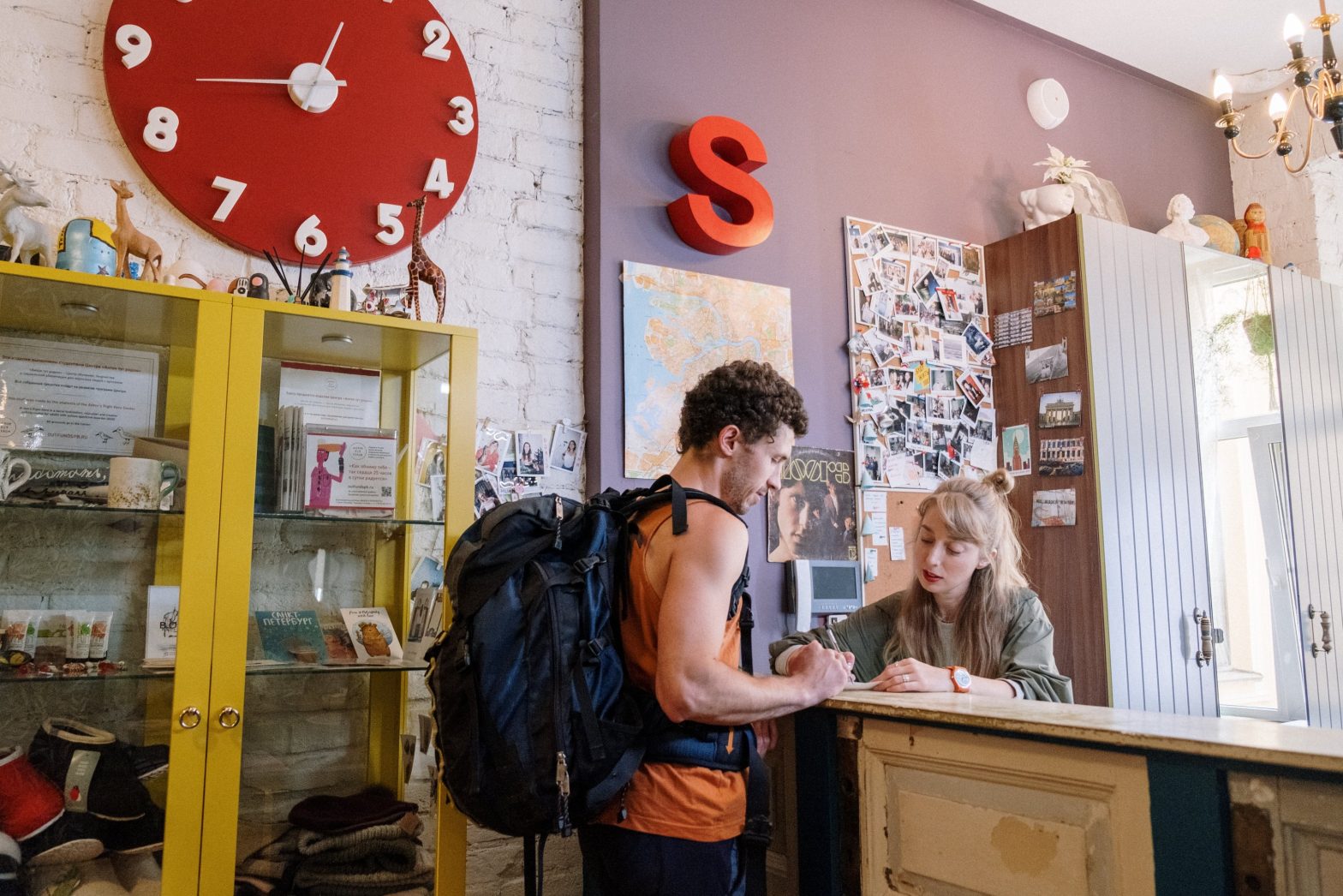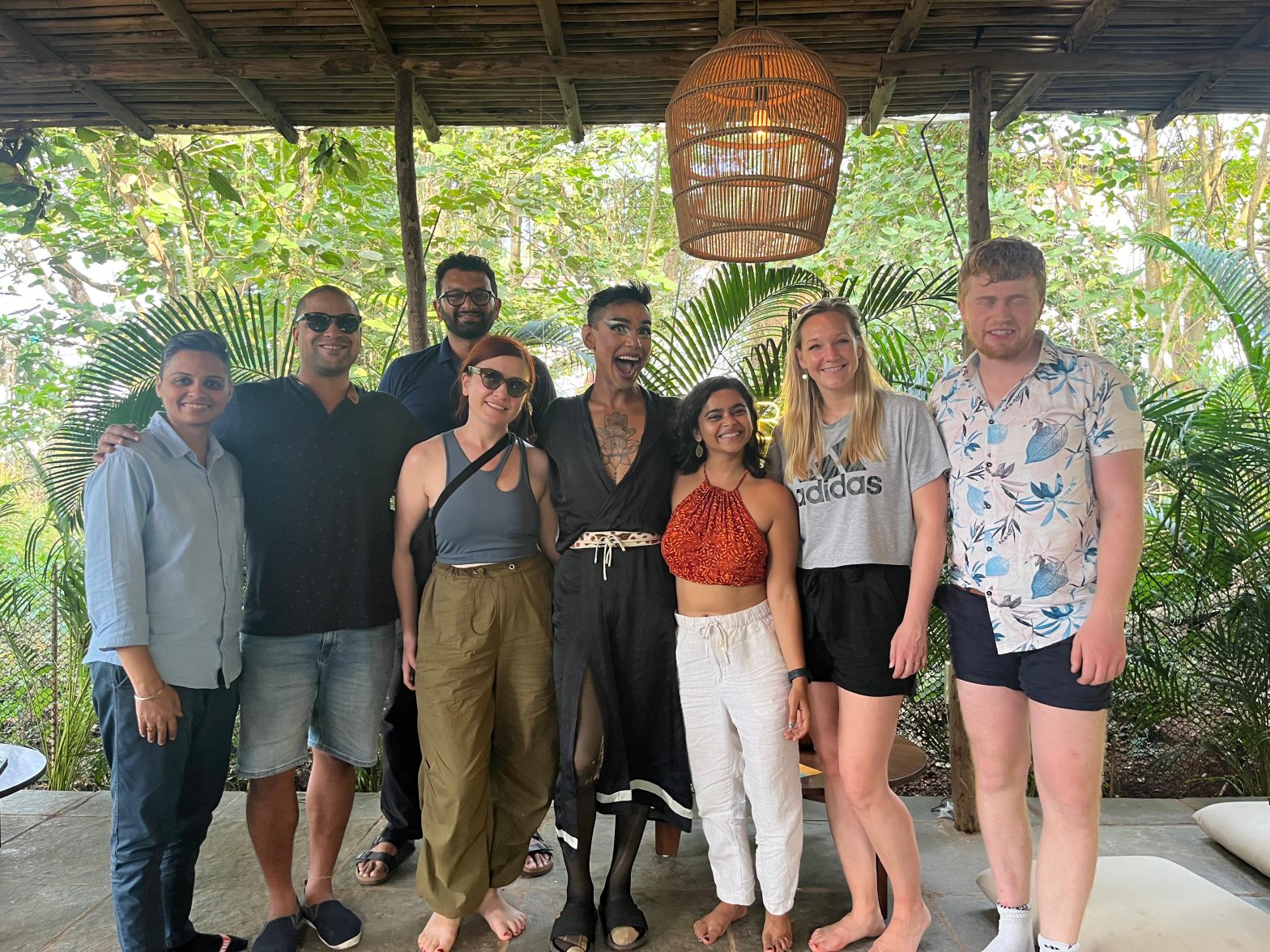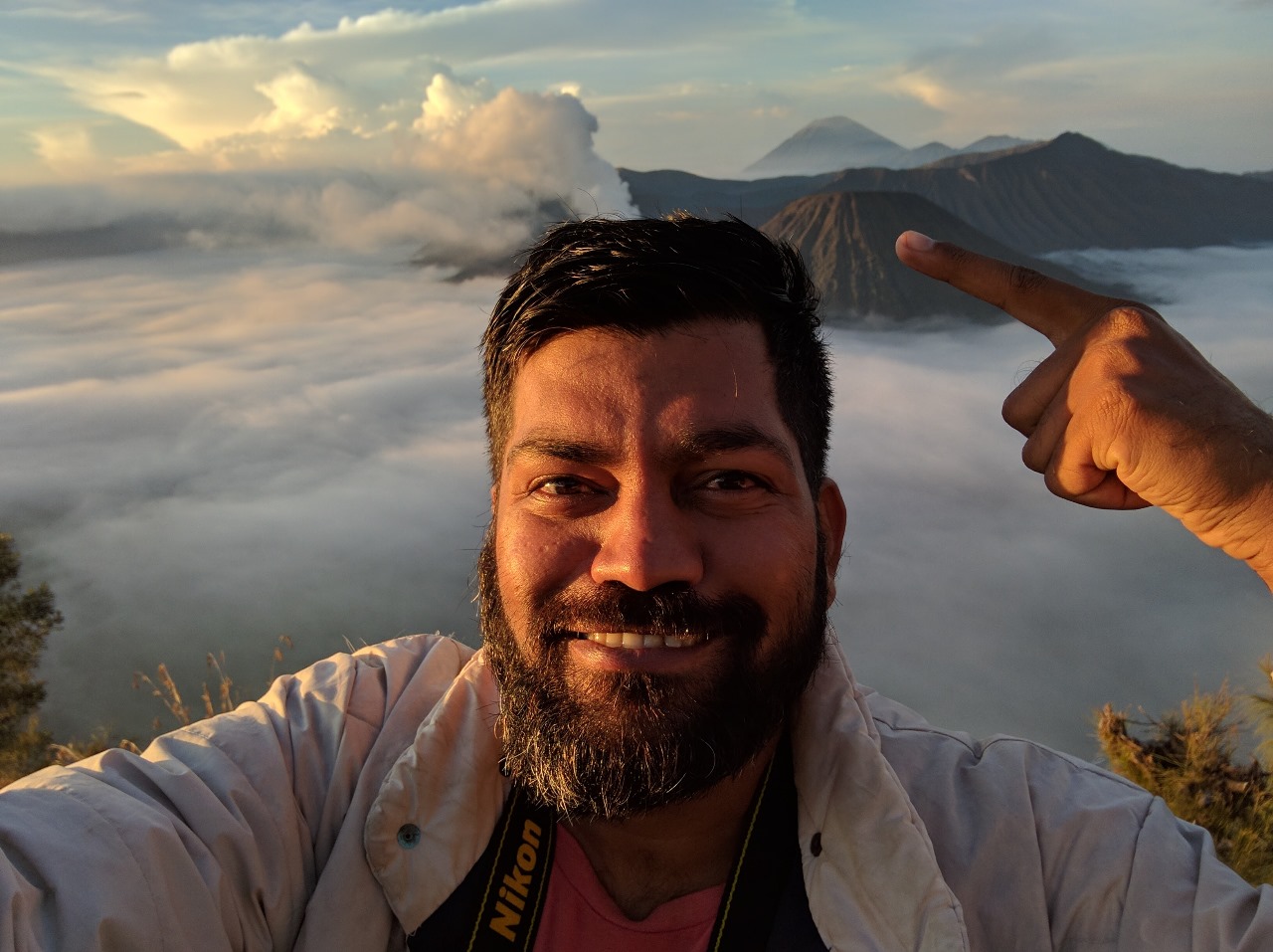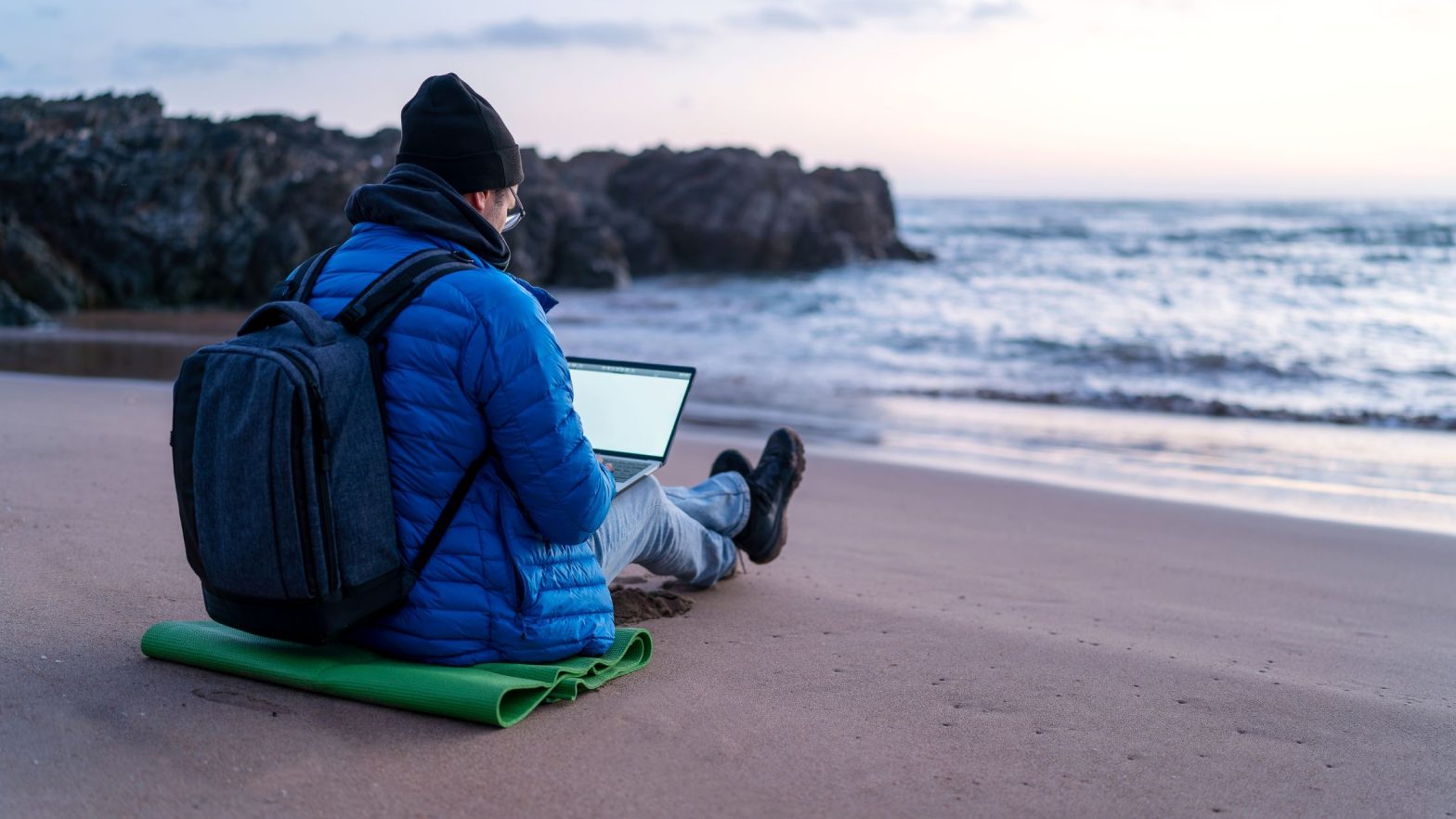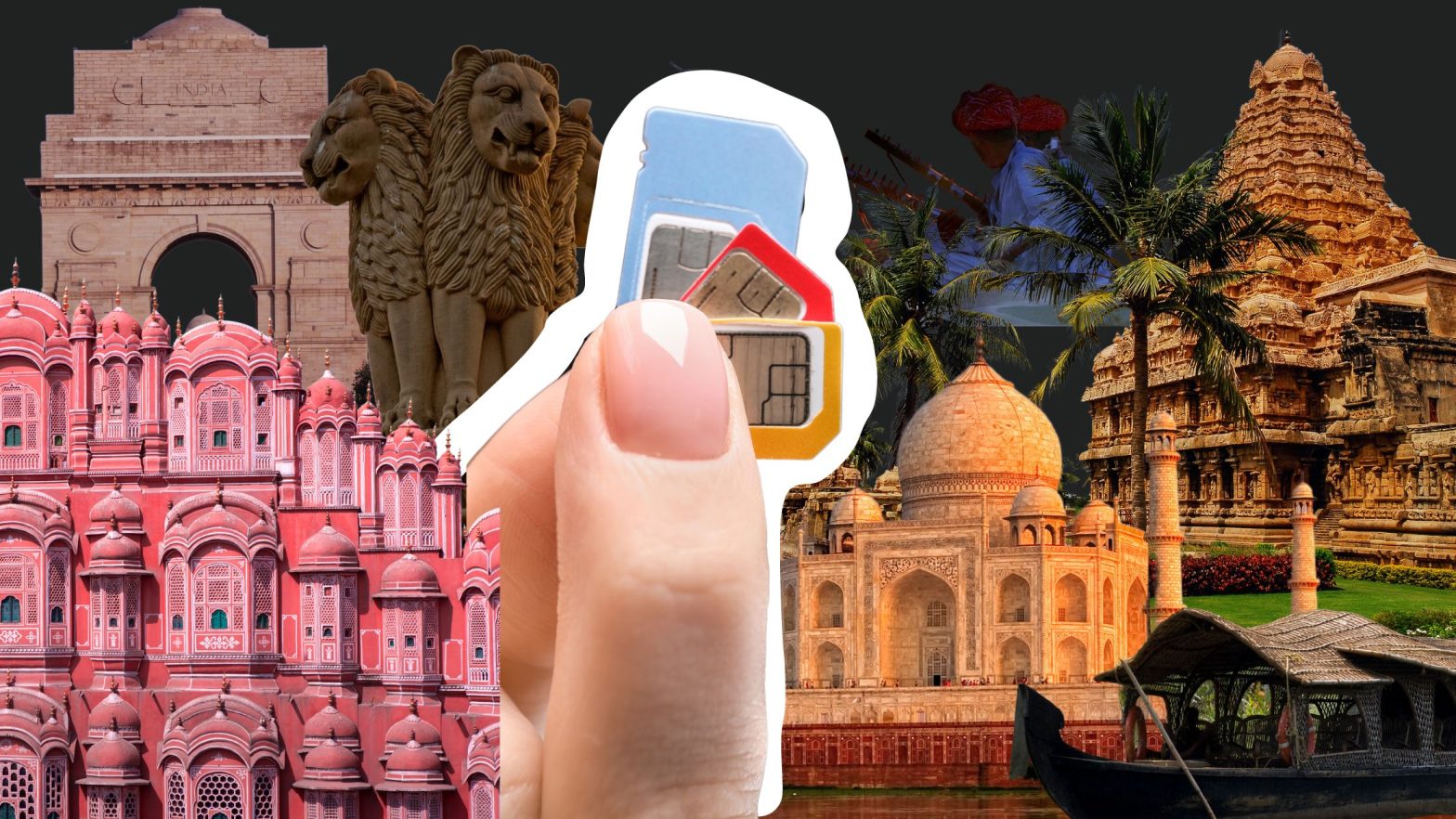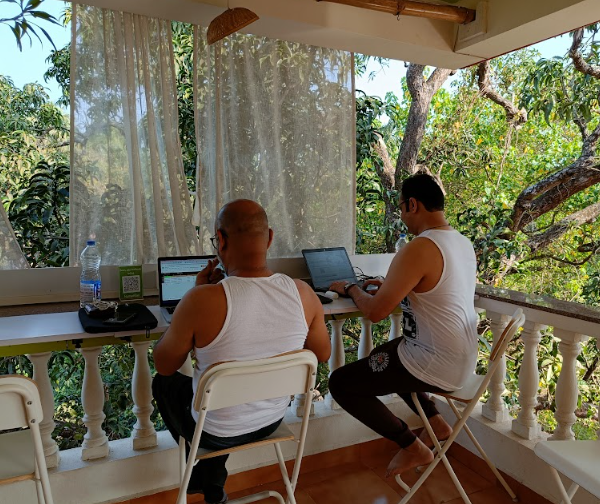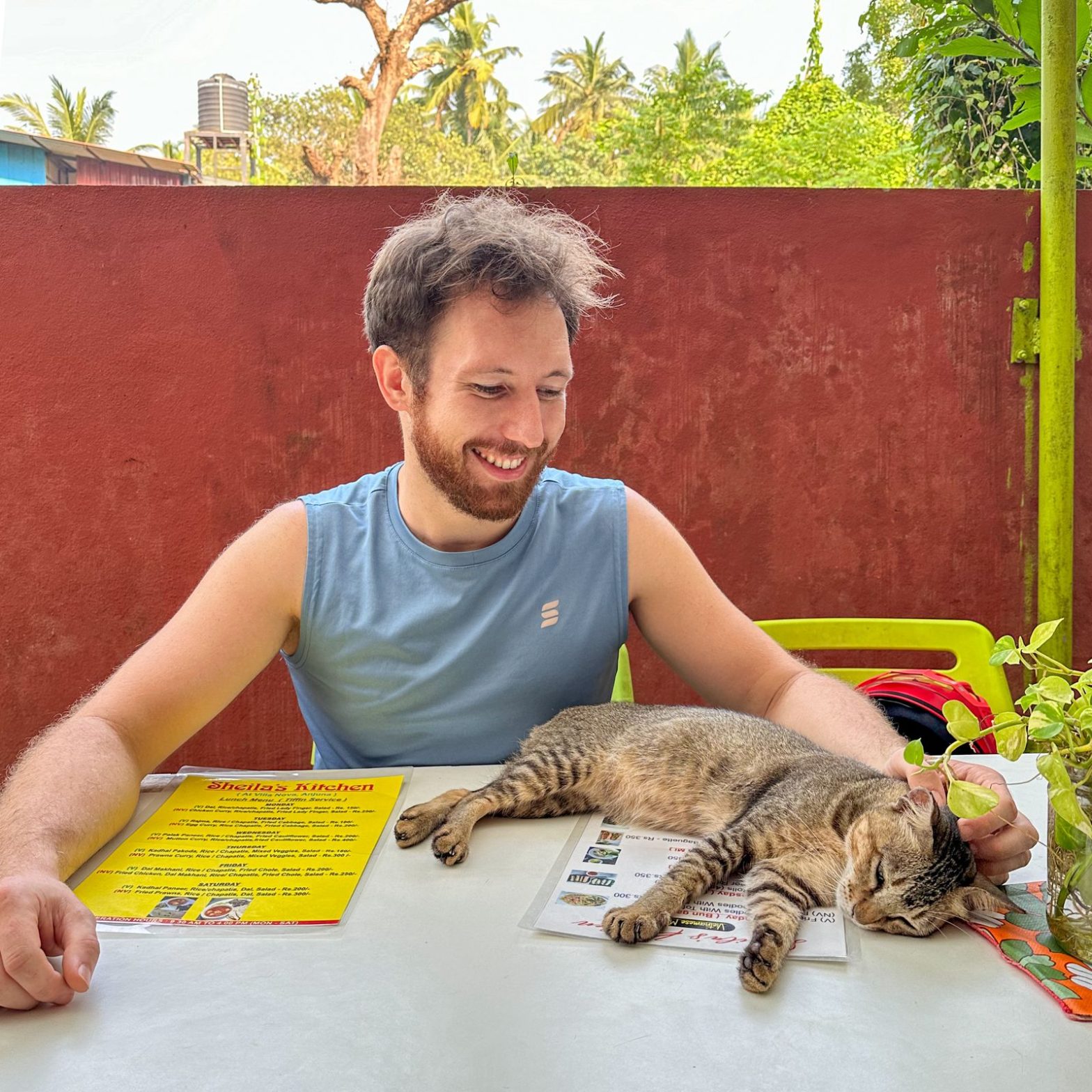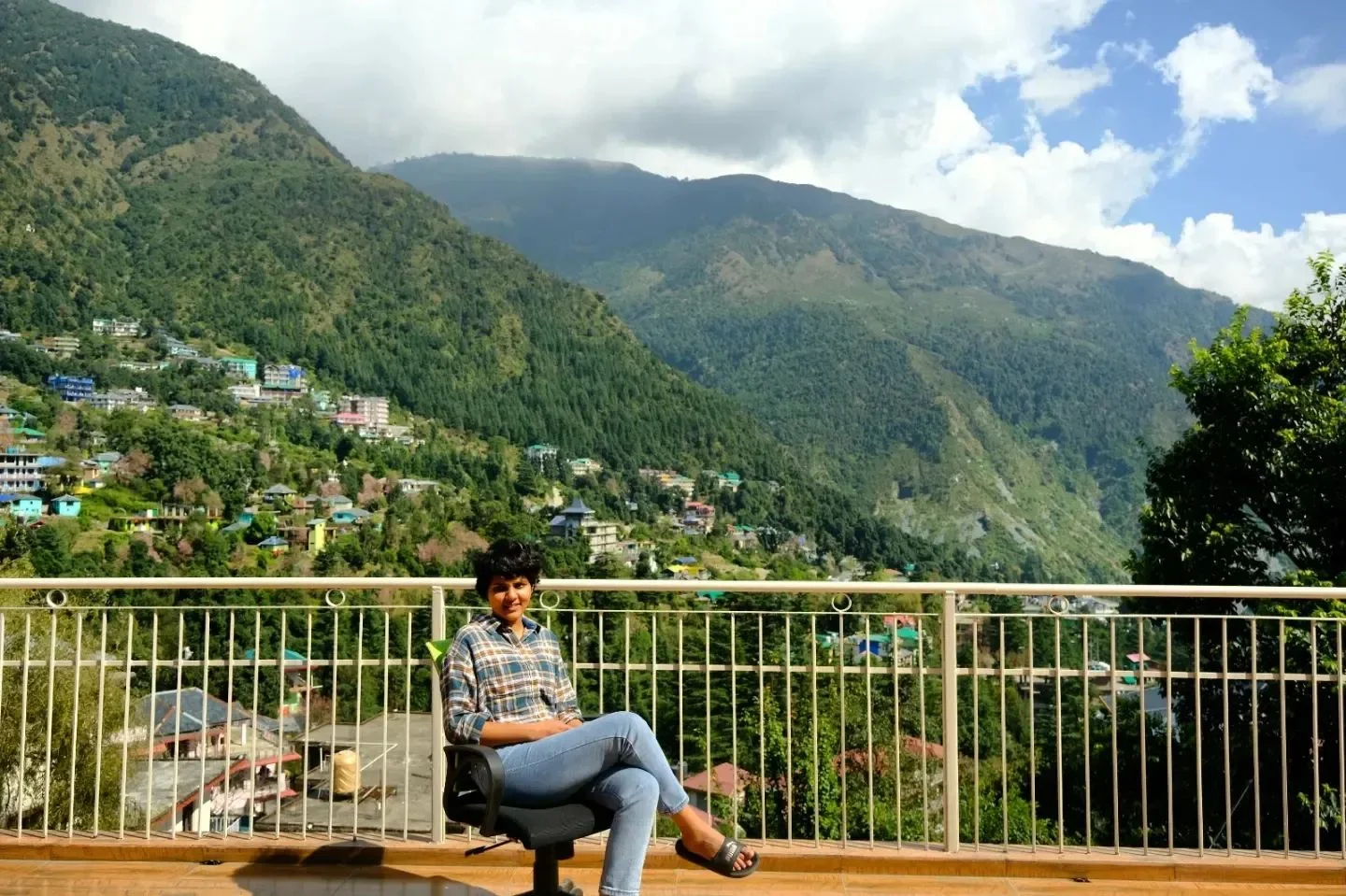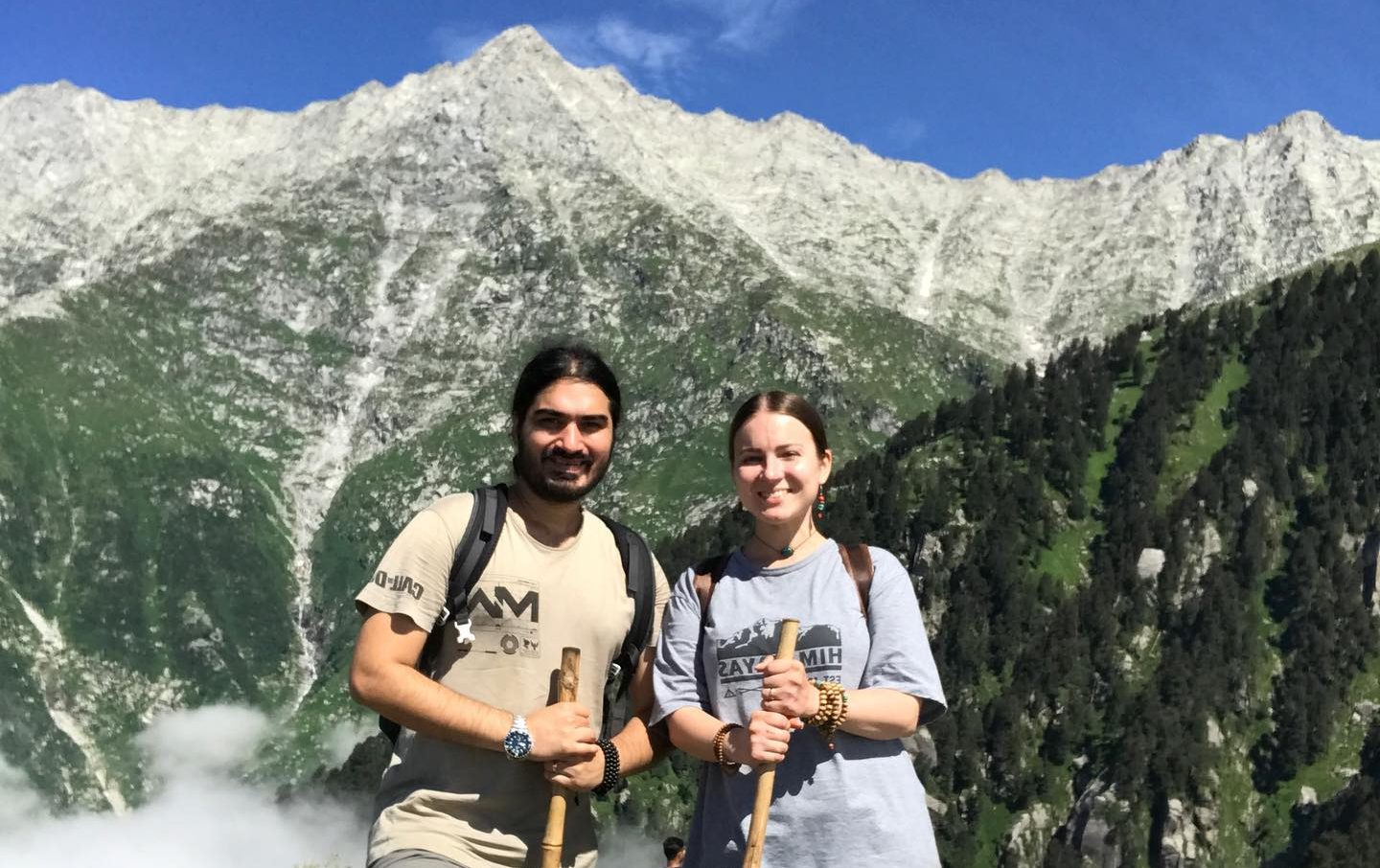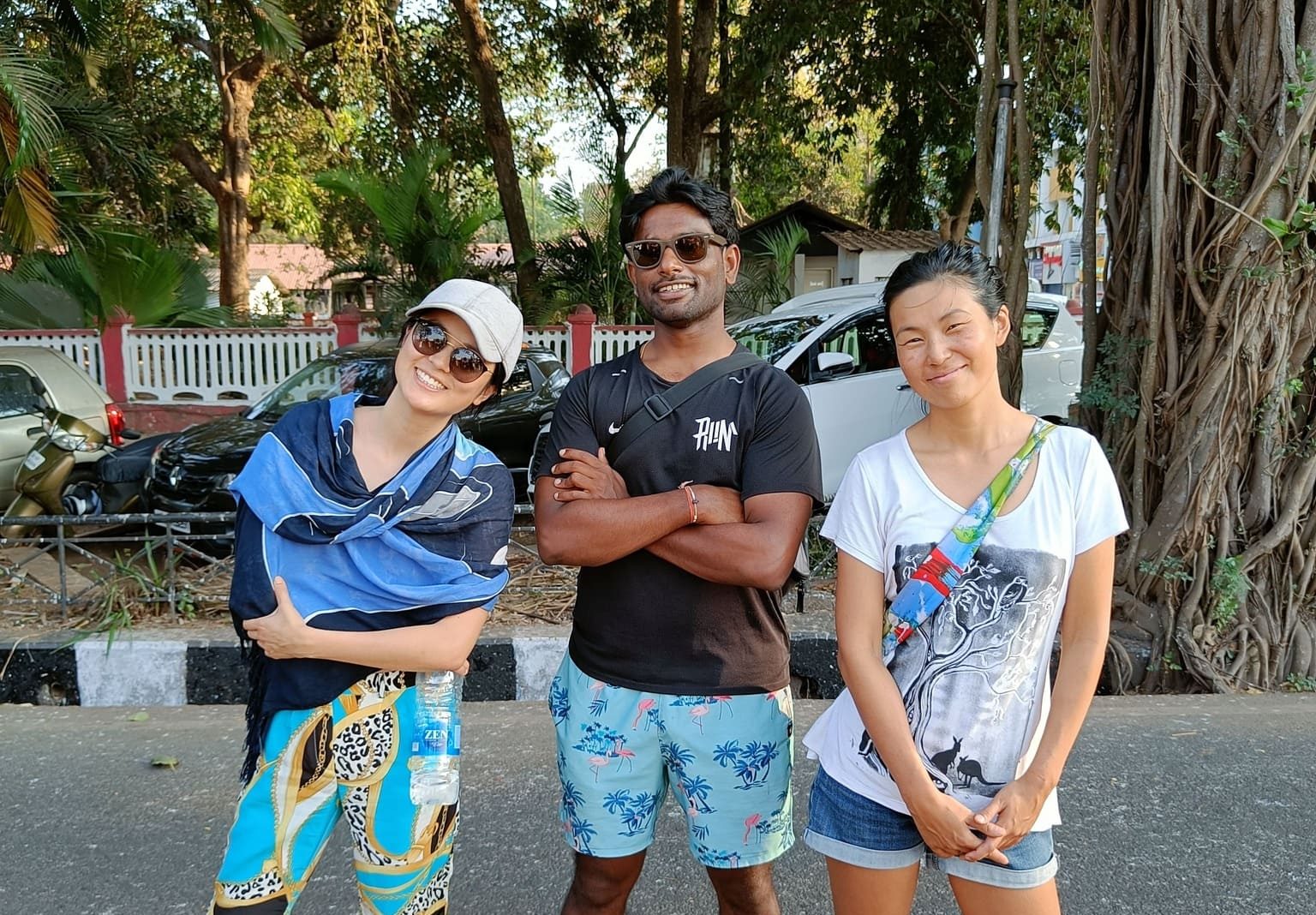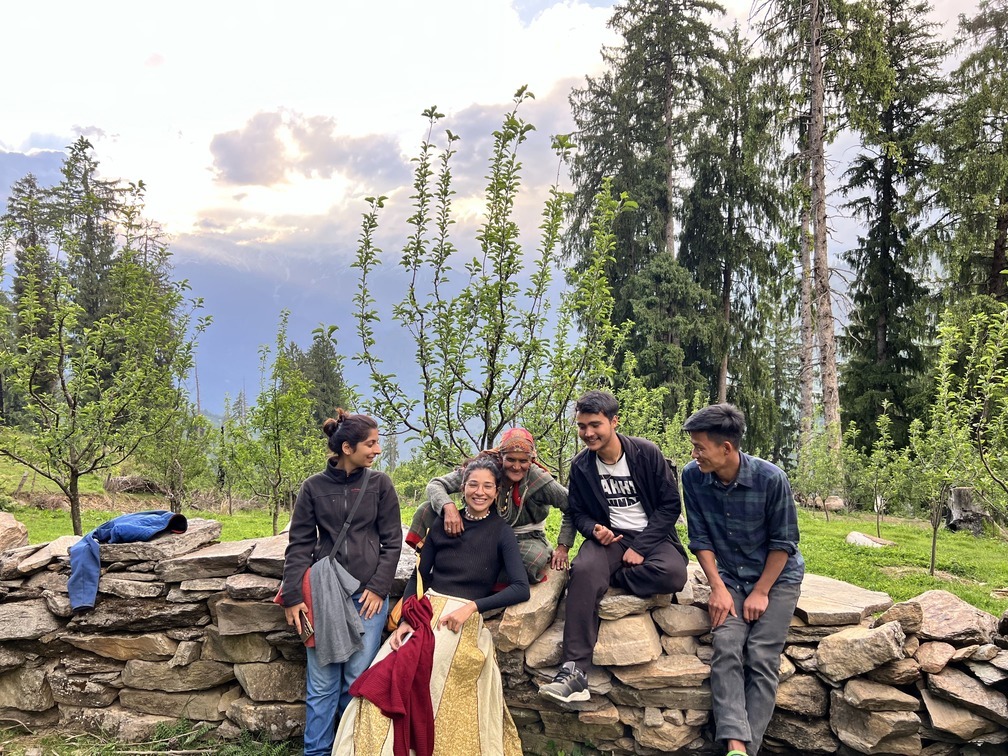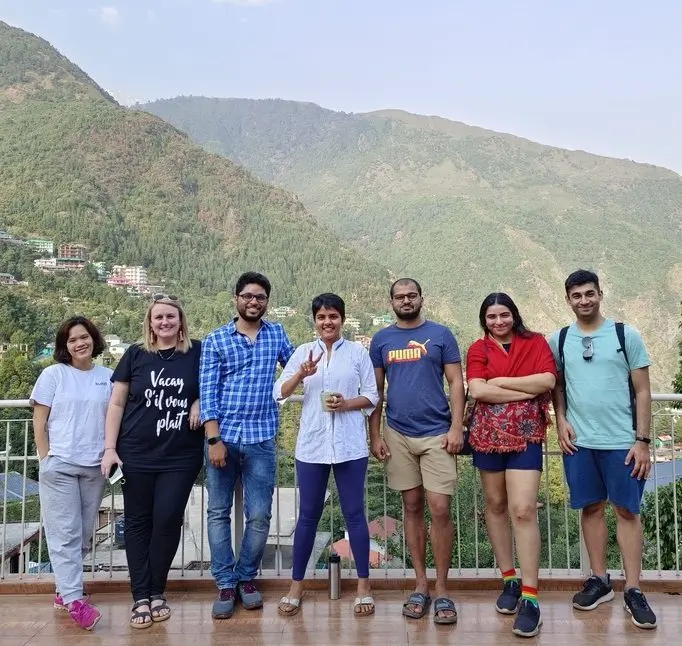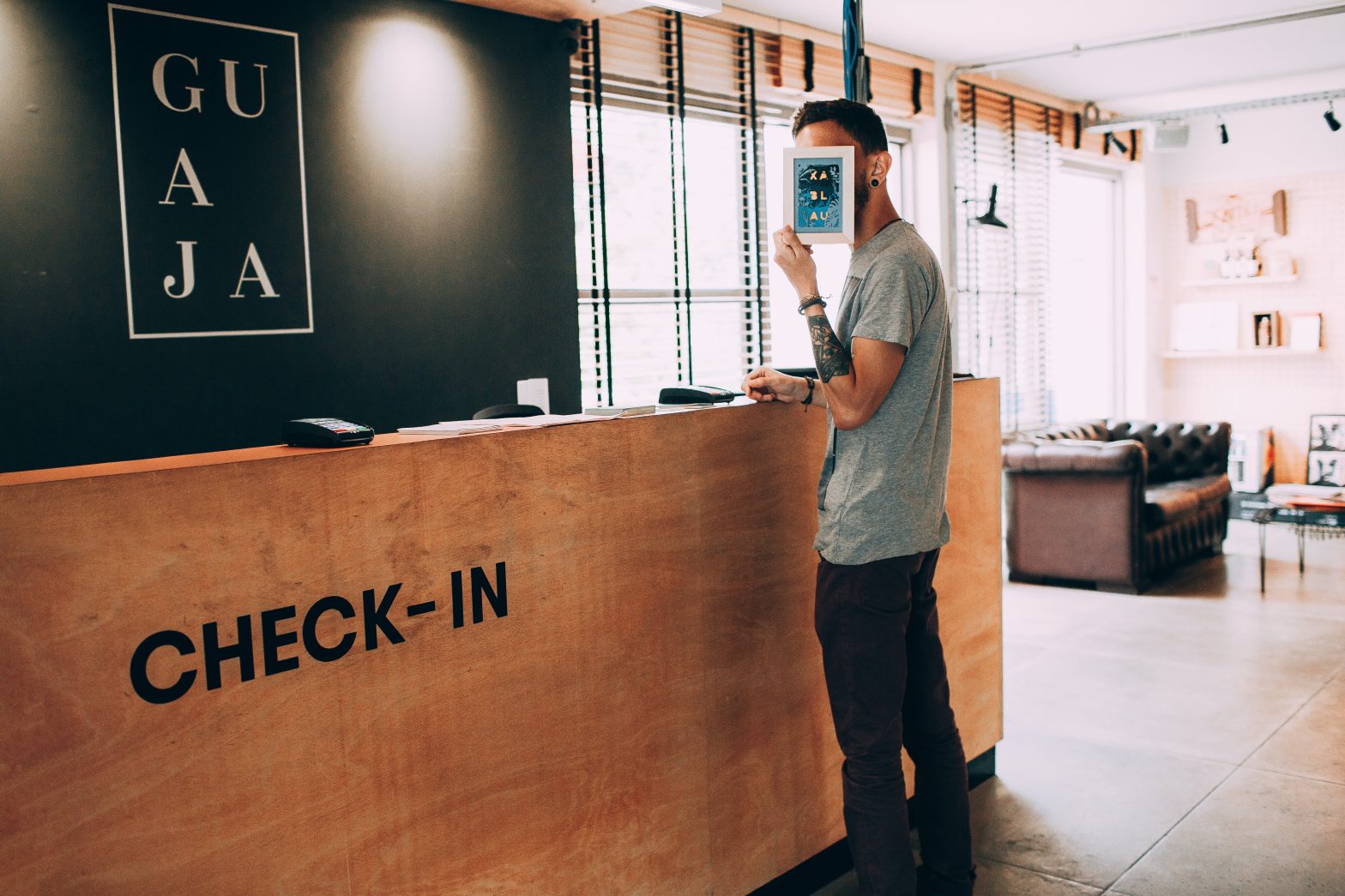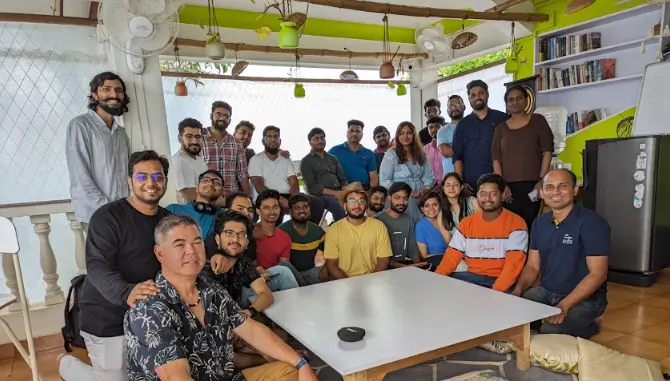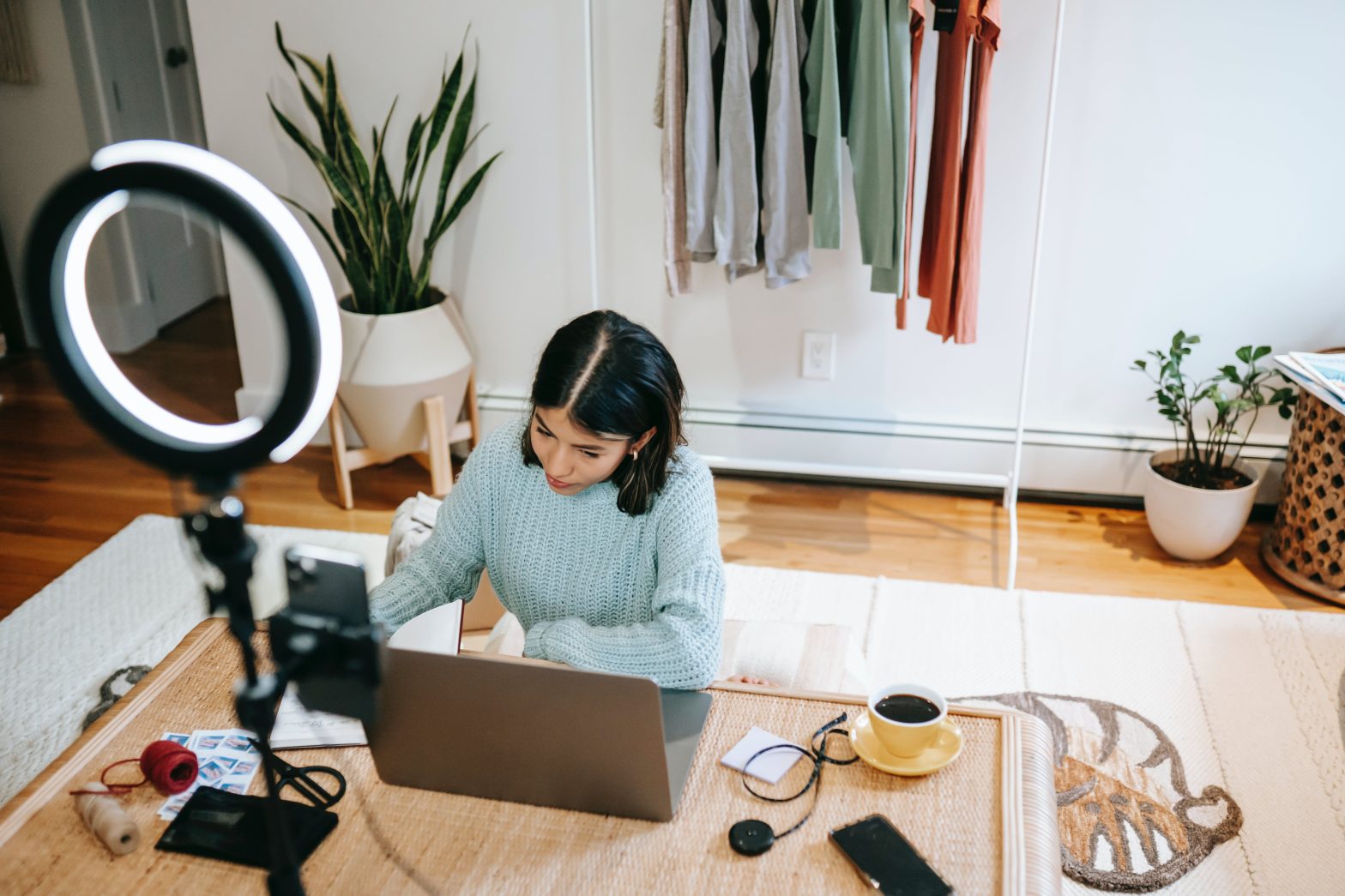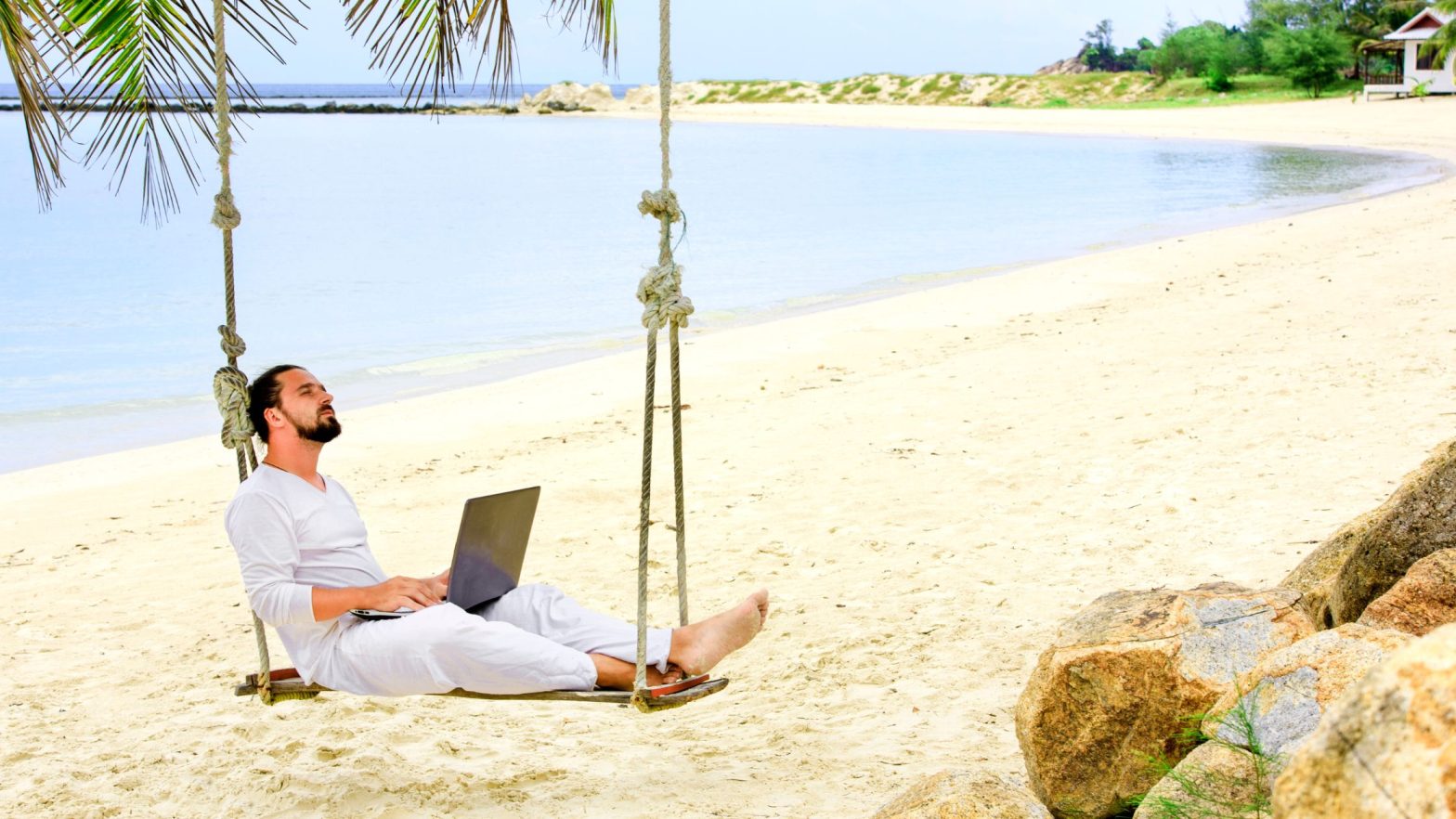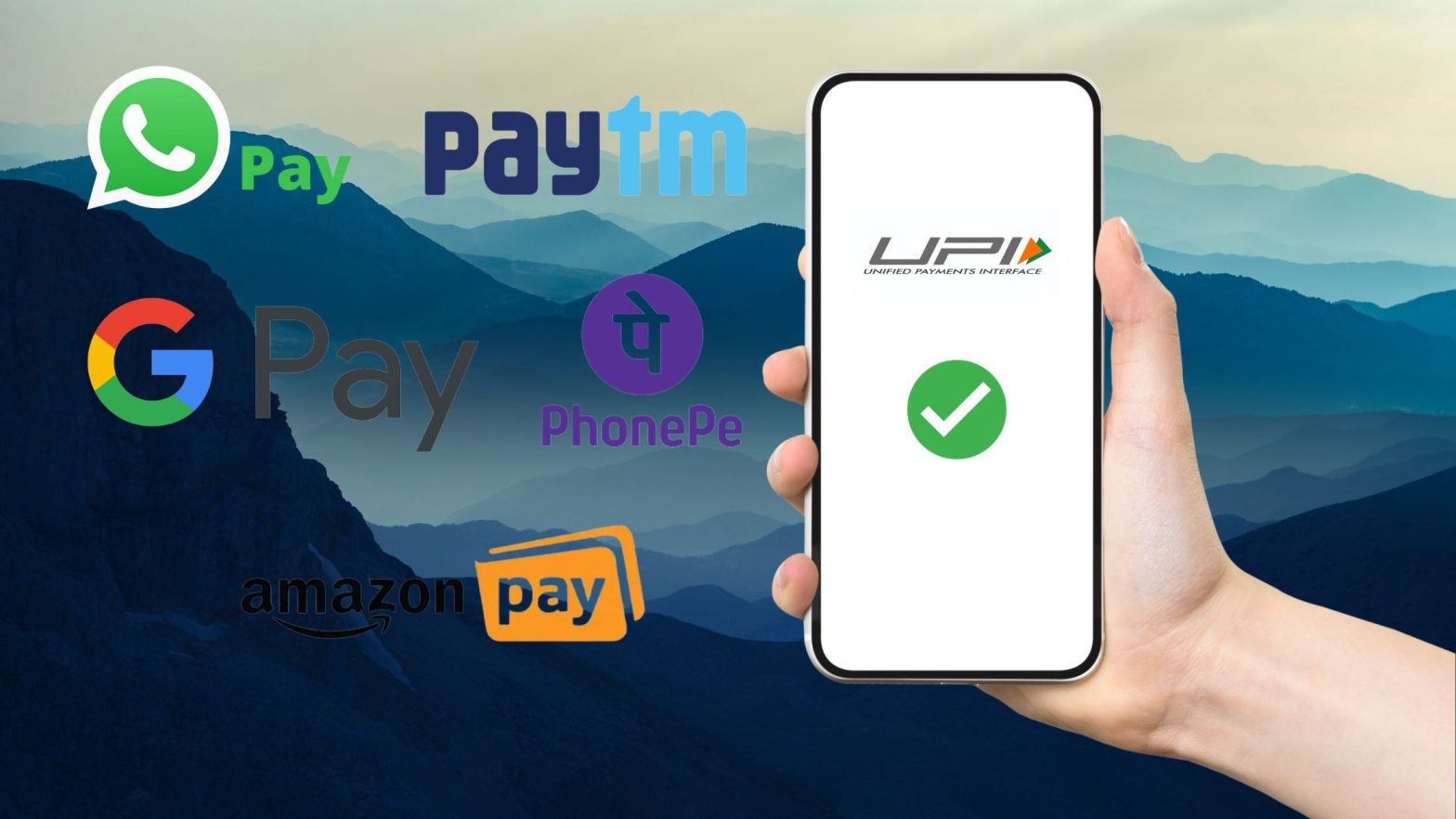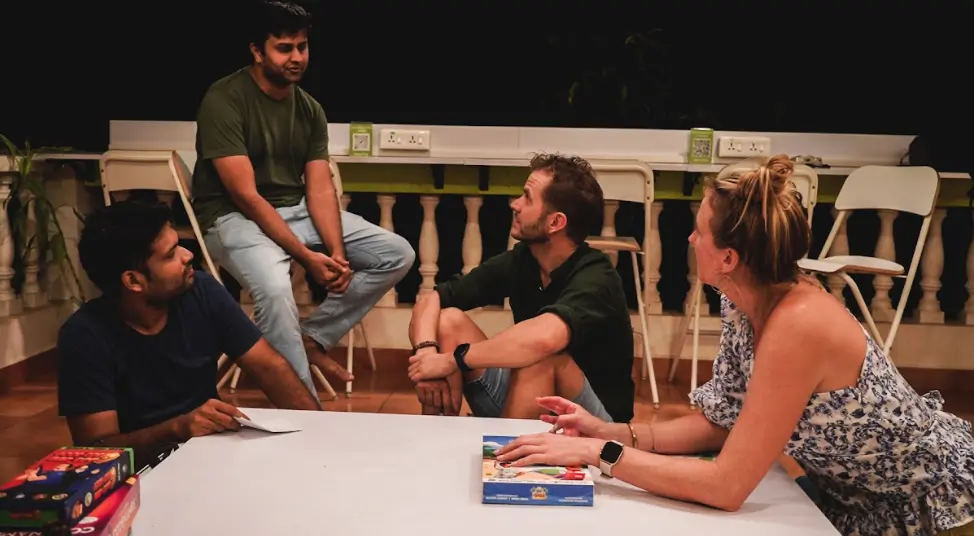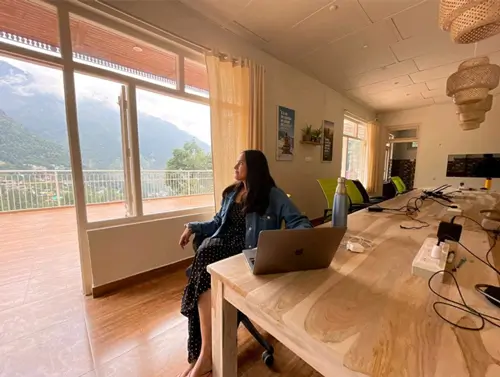Meet Protima! A freelancer, founder, collaborator, a cross fitter and one of the most badass people we’ve seen at NomadGao!
The past couple of years have had us rebelling for freedom of movement in our work life, dreading going back to the office cubicles and questioning the meaning of it all. In a time like this, it’s really easy to lose our way and to feel stuck. However, what matters is that we keep going, with a broken GPS and plenty of faith in ourselves. Protima’s journey to freelancing is a testimony to that.
Table of Contents
Protima's experience with remote work
“When we were forced to work from home, not a lot changed for me. I had already been doing it for almost 5-6 years. All my work was remote at this point. However, it does take a lot of self-discipline to make it work. You need to be aware of your boundaries and know how to communicate them to your clients, stand your ground and then, manage the time you have with prudence.” she says.
Protima co-founded The Mill, a community of freelancers and gig workers with her partner, Shalvi. For Protima, the company was born out of her desire to grow. She wanted to break out of her comfort zone and see what else she could create. At the same time, she wanted to help educate and empower other freelancers and gig workers in giving their best shot.
The stories of a freelancer & a founder
“As a newbie, it’s very difficult to make your way through freelancing. I could’ve chosen to work alone but if I could enable one other freelancer, especially newbies, to help them get the education I couldn’t, it would be amazing! I still have to tell myself that yes, I’m a founder. I made my journey happen and it’s developed into a product. People are going to be a part of this and it has taught me to be more driven. I’m finally understanding the power of it all. ”
Protima’s journey as a freelancer and remote worker started with plenty of scepticism. She worked from an office part-time while handling her independent clients during post-work hours. This was somewhere in 2012. She finally decided to become a full-fledged freelancer in 2016, dedicating all her time to her independent clients and working remotely.
“Cafes didn’t work for me as I like being surrounded by silence. Most of my work is content creation, ideating and brand storytelling and that needs me to be away from noise and distraction. It was really scary in the beginning, but I fall into a routine easily and efficient planning helped save a lot of time”
That’s when she understood the meaning of remote work. She made it work, with all her discipline and time management. She believes that during the 10 years from Facebook to Instagram, she has learnt a lot on the job, put in the hard work to learn and try out new things and built a loyal client base.
Remote work and mental health
It’s no news that as a freelancer, working remotely and starting your own business can all affect your mental health. There’s so much anxiety about the future, the present, losing clients and so on. Added to that is the pressure of being the best, going above and beyond and completely erasing any life you might have outside of your work.
“I lost a lot of clients when I decided to have boundaries around my personal life. I used to be someone who would work for 14 hours a day, have no boundaries because I was competitive and had to be the best. I had no time for myself. I was all about the hustle culture. This ended when I had a stress-related injury in the gym. I wasn’t able to work out and that made me feel lower. That’s when I turned to yoga and towards setting boundaries for myself. I understood what hustle means, started taking breaks, slowed down and it all really helped boost my productivity.”
She did all of this in a time when hustle culture was the norm. It’s only now that the world is realising the importance of slowing down and not just chasing money or numbers. Her growth is something to be admired. She dealt with not just workplace sexism, but also Imposter Syndrome. It is something very real that not a lot of us talk about. Having to constantly remind yourself that you’re good at what you do and deserve better opportunities can become exhausting in itself.
Final thoughts
Through her many adventures, she does put her faith in remote/hybrid work because it will allow people to make time for themselves. However, she does believe that no good will be achieved if you lack time management and self-discipline. Coworking helps you meet new people, learn new things and collaborate, but at the same time, it is crucial that you plan ahead. She thinks it’s all worth taking a shot at, but only when you have a safety net to fall back on.
“Don’t just quit your job unless you have a few gigs in your hand. Get a retainer for a project and then use that time period to explore. It’s all worth taking risks for. You’ll know that you either like it or don’t. Just make sure to research before you jump into this wonderful abyss!”



